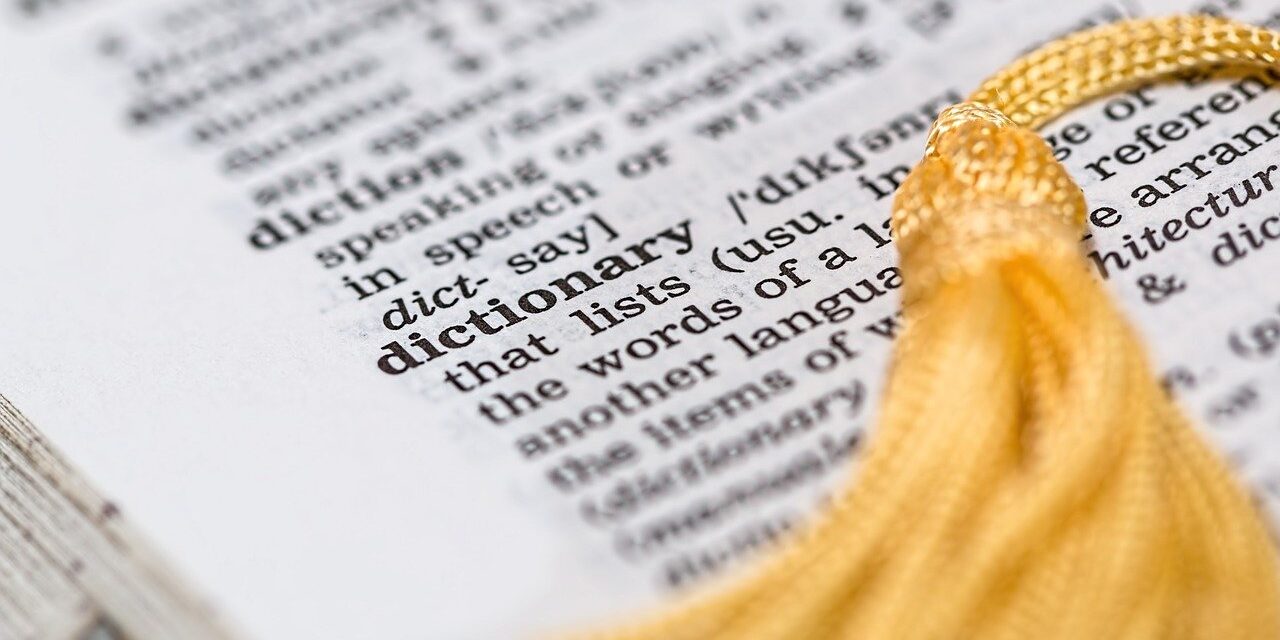Top 10 Obsolete or Uncommon English Words
The English language is constantly evolving and changing. Words that were once used as slang have now been added to the Oxford English Dictionary, including ‘chillax,’ ‘easy-breezy,’ ‘simples,’ and … wait for it … ‘whatevs.’ You can even look up Jedi and find a nice little description about the mystical knightly order in the Star Wars films.
It might seem like the world’s gone mad. But actually, it’s important to accept that things in life move on – including language. Indeed, it’s hard to imagine a world where ‘texting’ and ‘LOL’ didn’t even exist. Looking back to English words used in the past, you’ll also get a good idea of language evolution. Here are ten corkers that we should really throw into the odd sentence every now and again.
- Crapulous – this wonderfully descriptive word means to feel ill from excessive eating and drinking. So, you could say you feel ‘incredibly crapulous’ after a heavy night on the town. Why not try it out the next time you’ve had one too many bevvies?
- Grumpish – if someone annoys you, you’ve every right to feel ‘grumpish’ – an alternative word for sullen or grumpy. This dates back to the 18th century and is sadly no longer used anymore. Bring it back, we say!
- Twattle – no it’s not a word used to describe a loud neighbour during lockdown. Instead, it describes gossiping. ‘Stop twattling and get back to work.’
- Gorgonize – wouldn’t you just love to gorgonize? This bizarre, yet somewhat endearing word means to have a mesmerising effect on someone. ‘I was gorgonized by his good looks and charm.’ How about trying it out on your next crush?
- Cockalorum – we’ve all heard of short-man-syndrome, right? Well this is similar. You can call someone a cockalorum if they’re a little man with a high opinion. ‘What a total cockalorum.’ *Rolls eyes*.
- Lunting – you know when you go for a walk and smoke a pipe post-meal. That’s called lunting. Incredibly popular in the British countryside we hear.
- Quockerwodger – described as a wooden puppet controlled by strings, this means Pinocchio was technically a quockerwodger. This word was often used in the 1800s to describe people who couldn’t think for themselves.
- Sluberdegullion – if a lockdown situation occurred in the 1600s, there’s a high chance you’d be labelled a sluberdegullion. This is essentially a slovenly person who lazes around the house with no intention of moving. Sounds pretty awesome if you ask us.
- Zenzizenzizenzic – try saying that after a few pints. Put simply, this word means ‘to the power of eight.’ When people explained it to each other back in the 16th century, they’d say something like, ‘it doth represent the square of squares quite squarely.’
- Houppelande – what an amazing word to describe cloak. Imagine your favourite superhero shouting ‘bring me my houppelande.’ Pretty ace.
So yes, as you can see, language has changed quite a lot. And while LOL being in the English Dictionary might make your shudder with despair, we simply can’t expect language to stay the same forever. Let us know any more unusual words you’ve come across, past or present.
We bloody love words here at Minerva Creative, so why not find out more about our copywriting services? Not only that, but we can also help with your SEO and web design needs, all at a price that is affordable for all.







